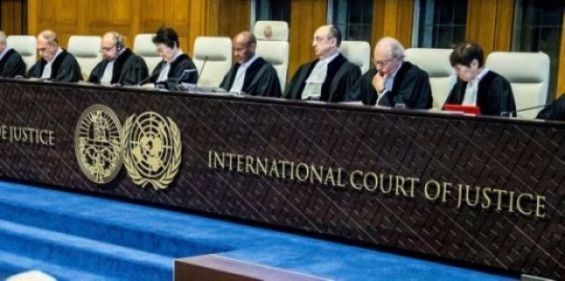On August 27, 1952, the International Court of Justice issued a judgment in favor of the United States and against France. The ruling was pronounced after the United States complained to the International Court of Justice about a decree introduced by the French in December 30th 1948, which allowed the collection of taxes from American nationals in Morocco.
To the American side, the new decree passed by the French, violated the terms of the treaties of Friendship and Amity signed by Morocco and the United States in 1778 and in September 1836. The latter indicates that in Article 24 that «whatever indulgence, in trade or otherwise, shall be granted to any of the Christian Powers, the citizens of the United States shall be equally entitled to them».
Article 17 from the Madrid Convention of 1880 also underlines «the right to the treatment of the most favoured nation is recognized by Morocco as belonging to all the Powers represented at the Madrid Conference».
The influence of the United States in Morocco
After the representatives of Paris and Washington presented their arguments, the Court pronounced its verdict on August 27, 1952, unanimously rejecting «the conclusions enacted on December 30, 1948 by the Resident General of the French Republic in Morocco».
The decision was celebrated by Moroccan nationalists as a recognition of the sovereignty of the Kingdom, especially as it emanated from a UN body while they multiplied the initiatives to include the «Moroccan question» on the agenda of the United Nations General Assembly. It also confirmed the major role played by the United States in shaping the political future of post-French-protectorate Morocco.
It is clear that the meeting between US President Franklin Delano Roosevelt and Sultan Mohammed V on January 14, 1943, on the sidelines of the Allied Summit held in Anfa, left its mark on the action of the Moroccan nationalist movement. First, there is the publication of the Independence Manifesto of January 11, 1944, a break with the reformist line adopted previously, and the visit of Sultan Mohammed V to Tangier in April 1947.
And even France, a colonial power, did not hesitate to grant in 1950 to the United States, and without notifying the Sultan, the right to have air bases in Morocco.





 chargement...
chargement...











